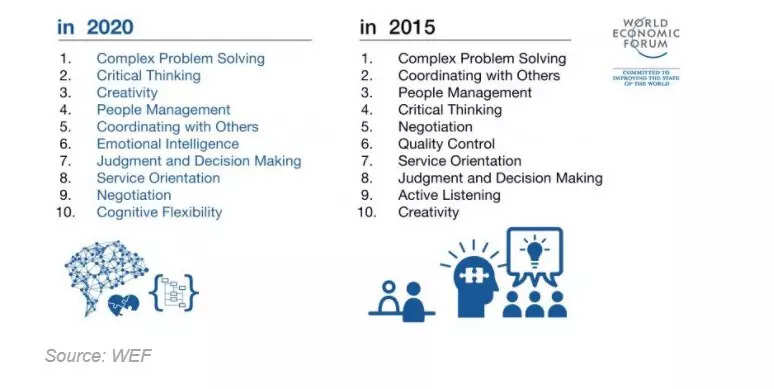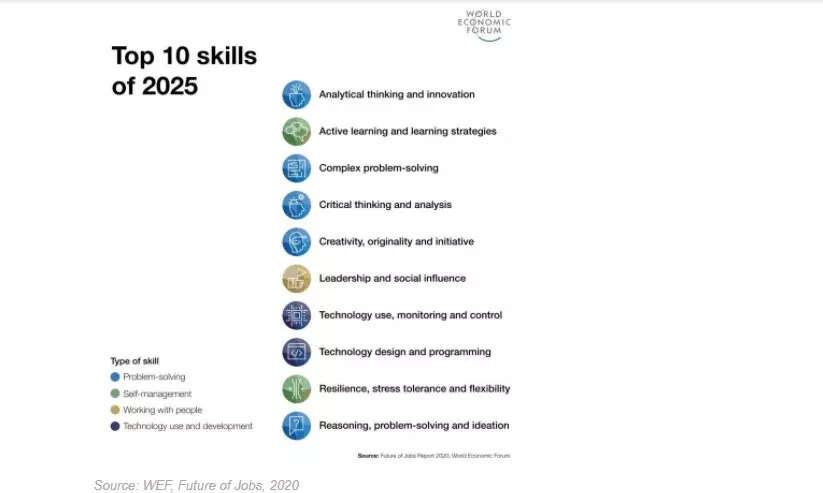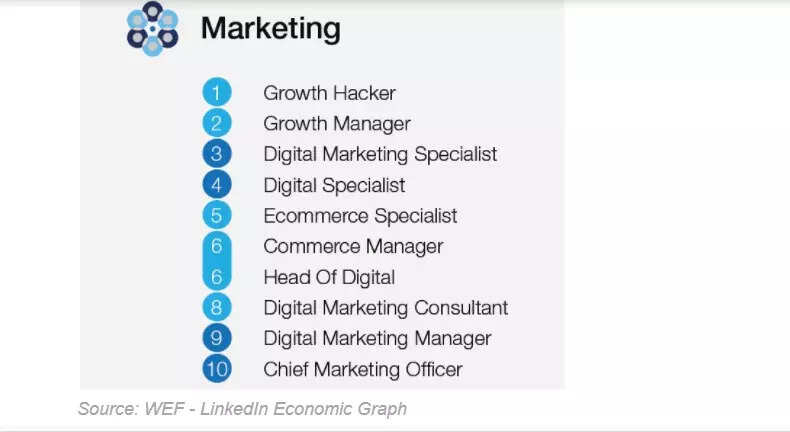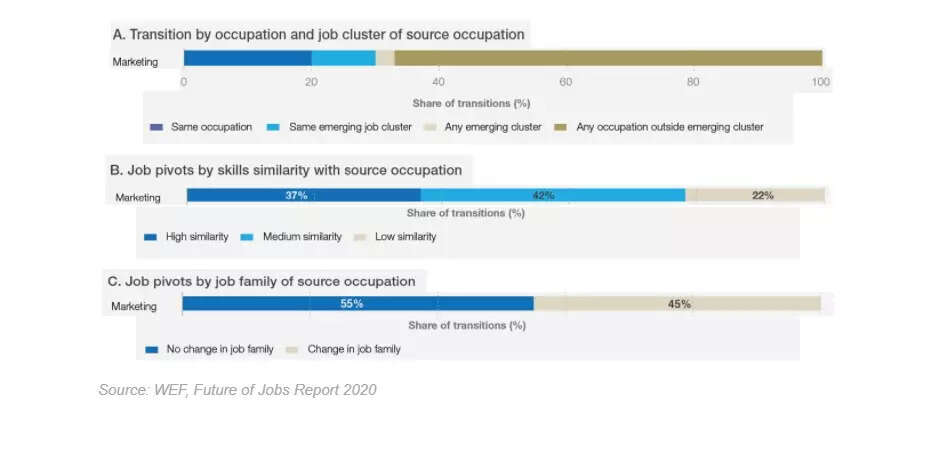
By Avik Chattopadhyay
Consumer behaviour is changing. Product offers are changing. Product development is changing. Procurement is changing. The roles of the product designer and engineer are changing. Should marketing not change?
The marketing role and function in the automobile industry will go through drastic changes in the next 24-36 months. If it does not, either it will negatively impact the overall operations of an auto brand, or even the function may be folded up.
The role of the marketer has evolved as leisurely as has the entire industry. In terms of key processes, the way a vehicle is made, marketed, sold and serviced has remained the same over the last 100 years. Incremental improvements have definitely happened but none with the intensity to upset the applecart.
The industry has invested so much in the current systems and structures that disrupting them would impact financial parameters and shake up the comfort zone.It may even be at the cost of the consumer who has evolved much more in the meantime. It is a bit of a paradox where I expect to use nano medicines and non-invasive surgery but still must trudge up to a showroom to see a vehicle of my choice.
More than two years ago, the World Economic Forum had predicted the key skills of 2020 vis-à-vis 2015 and I share it here to refresh our minds.
Despite the Covid pandemic, the predictions are more or less in place. It is significant to note that skills like negotiation, quality control and active listening take a back seat while those like critical thinking, creativity, and emotional intelligence gain prominence. Change in work processes and increasing introduction of technology enablers have brought about this transition.
When I discussed the same with my friends in leadership HR positions, they admit that the required skill sets for all jobs have undergone a rate of change not predicted. In fact, the pandemic and linked preparation for the ‘new normal’ has been key in this change, more by compulsion than by choice.
In November 2020 the WEF released the “Future of Jobs Report” that lists the top 10 skills needed in 2025.
If we study this list against the top skills of 2015, we will see two clear clusters of skills required for the worker of tomorrow – ‘managing minds’ and ‘managing technology’.
Managing minds is about thinking, analysing, observing, learning, creativity, initiative, deduction, and teamwork.
Managing technology is about monitoring, processing, control and programming.
The two obviously co-exist and are supposed to feed into each other to allow cognitive complex problem-solving.
Is the current “marketer” in an Indian automobile firm upskilled for the same?
Does the current marketing role look for the skills of either 2020 or 2025?
Current tasks are redundant
The traditional tasks in a marketing department in a conventional auto brand are advertising, digital media, media management, and market research. In slightly evolved firms one would add product planning. In yet more evolved firms one would see PR and communication (internal and external) also included. Interestingly, each of them is ‘functional’ and not benefit-oriented. Being one of the most critical front-facing roles in the system one would have expected the terminology to change with growing customer-centricity.
Tasks should typically be customer understanding, customer engagement, customer feedback and customer retention. The current marketing tasks are not in sync with the customer of tomorrow and need to be revamped.
Internal capabilities vis-à-vis outsourcing
One big takeaway from the WEF report is that the typical ‘softer’ skills that the marketing function loves outsourcing now need to be intrinsic in its own capabilities. The marketer needs to think, learn, analyse, solve, and innovate by himself / herself and not necessarily depend on the external creative agency, media agency, social media partner or market research firm. Technology has brought data, inputs, and feedback to the screen before the marketer, and he / she has to have a hands-on approach to consumer and customer management.
Let the bots help you
AI and SaaS will take over all the tedious time spent in front of a computer screen. Big data will churn and throw up inputs / insights based on how you design and programme the system. All your information from walk-ins, service feedback, social media chatter, CRM teams will get into one pool, talk to each other and work under a larger mandate driven by managing the minds better.
Not just customer but consumer
This is critical for a marketer to comprehend. The target till now has been to make an individual ‘own’ the product along with the services. The objective from now will be to make an individual ‘use’ the product and services without necessarily owning them. Consumption will be targeted and tracked, not merely the number of test drives and sales. This fine transition takes a marketer into a world where terms like ‘vehicle penetration’ assume a different meaning altogether, though sales will still continue to be an important measurement. For the marketer the focus will be on delivering experiences rather than only lead generation for the sales team to convert.
‘Marketing’ to ‘Engagement’
The WEF report shares a list of “emerging roles” clustered into the marketing jobs of tomorrow. In descending order, the circles in light blue denote niche roles while the ones in dark blue denote mass roles.
Guess the role of a CMO will gradually wither away. In fact, the very term “marketing” should be shunned as it has a very functional bias. The role should have a customer-focused benefit-oriented name like “Engagement”. (On similar lines, Sales should become Activation and Service should be renamed Satisfaction.)
Marketing for the automotive brand will be all about omni channel Engagement to deliver memorable and immersive experiences. The media used, be they advertising, on-ground, social media, advocacy, influencer, testimonial, and many more, will be mere functional tools.
The WEF report throws light on the transitions and pivots for the marketing jobs of tomorrow based on data from LinkedIn research across countries including India.
Job transition is self-explanatory while job pivots refer to individuals moving away from their current occupations. Job families are groups of occupations based on skills, education, training, credentials, and work performed.
The fact that close to 65% of transitions into Marketing are seen from outside the same function (as shown under A) implies new talent with new skills will be edging out the traditional ones. Similarly, 64% of people joining the Marketing function (as shown under B) will have lower familiarity with the core function as they come in from outside. Also, as an ‘emerging job opportunity’ 45% of applicants from other job families like HR, Analytics, IT, Service will find a place in Marketing, as shown under C.
While these inferences are for the entire marketing fraternity, the automotive marketer is surely a subset allowing us to draw some conclusions. Talent from other functions will be brought into traditional Marketing to become ready for the ‘new normal’. IT, Service and HR could well be the three biggest pools to fish in. The traditional and conservative marketer who has refused to modify and reorient oneself will be losing out.
Five new roles
In such a scenario, the five new roles I foresee that will upgrade the currently traditional Marketing function are:
1. CU-CX: This is about Consumer Understanding and Consumer Experience – it is the internal research and insights powerhouse which will have experience of having worked on both AI and EI (motional insights) using the latest tools. This role spans two key activities, from knowing the consumer better to designing relevant, memorable and sustainable experiences.
2. Ethnographer / social scientist: This is one function the marketer typically passes off as “mumbo jumbo gyan”. Well, it is being recognised as a clear edge to build a more empathetic and inclusive brand, across cultures. It is especially critical for the potpourri that is India. Just because I send “Happy Onam” messages on WhatsApp does not mean I understand how the Malayali thinks.
3. Big Data Analyst: This is the data junkie, converging all possible streams of information coming in, from the showroom, service centre, sales records, ADAS, apps, websites, communities, driver / rider clubs, social media, blogs, digital platforms etc to ensure they talk to each other; then he / she puts it all into an AI engine that throws up analysis and insights the way the CU-CX, ethnographer and Gen Z expert want. He / she will obviously not do everything by themselves but will monitor and control the entire process.
4. Gen Z expert: Just like the world saw the birth of the “Millennial expert”, the automobile industry surely is a Gen Z expert because it has no idea of what this future customer is all about. And outsourcing this as part of a larger research project will surely not work as this generation is supposed to be quite a jigsaw puzzle.
5. Interface (network) manager: Dealer development is dead, long live the network; it will be about building the right customer interface through an intermediary channel / pipeline. The auto marketer will have to play that role too as the channel has to be treated as a consumer too. It will be increasingly less about showroom locations and credit limits. Remember people management as a key skill in 2020? Well, this is it.
Change is visible
The next 24 months will be very different from the last. Change is happening at a feverish pace. Engineering and Design have already made significant progress over the last 12 months in incorporation of automation, robotics, and additive manufacturing. The current semiconductor shortage will see more inventiveness and rationalisation. The move to greener powertrains has been the final straw. Whatever the reason(s), the change is visible.
Being the gatekeepers of the brand, Marketing should have taken the pioneering steps. But it is never too late. You would surely want to transform by choice than out of compulsion for then the costs of change will be very high.
As for the marketer who still thinks all this will take time, I dedicate the following lines of a Pink Floyd song.
“You run and you run to catch up with the sun but it’s sinking
And racing around to come up behind you again
The sun is the same in a relative way but you’re older
Shorter of breath, one day closer to death!”



















